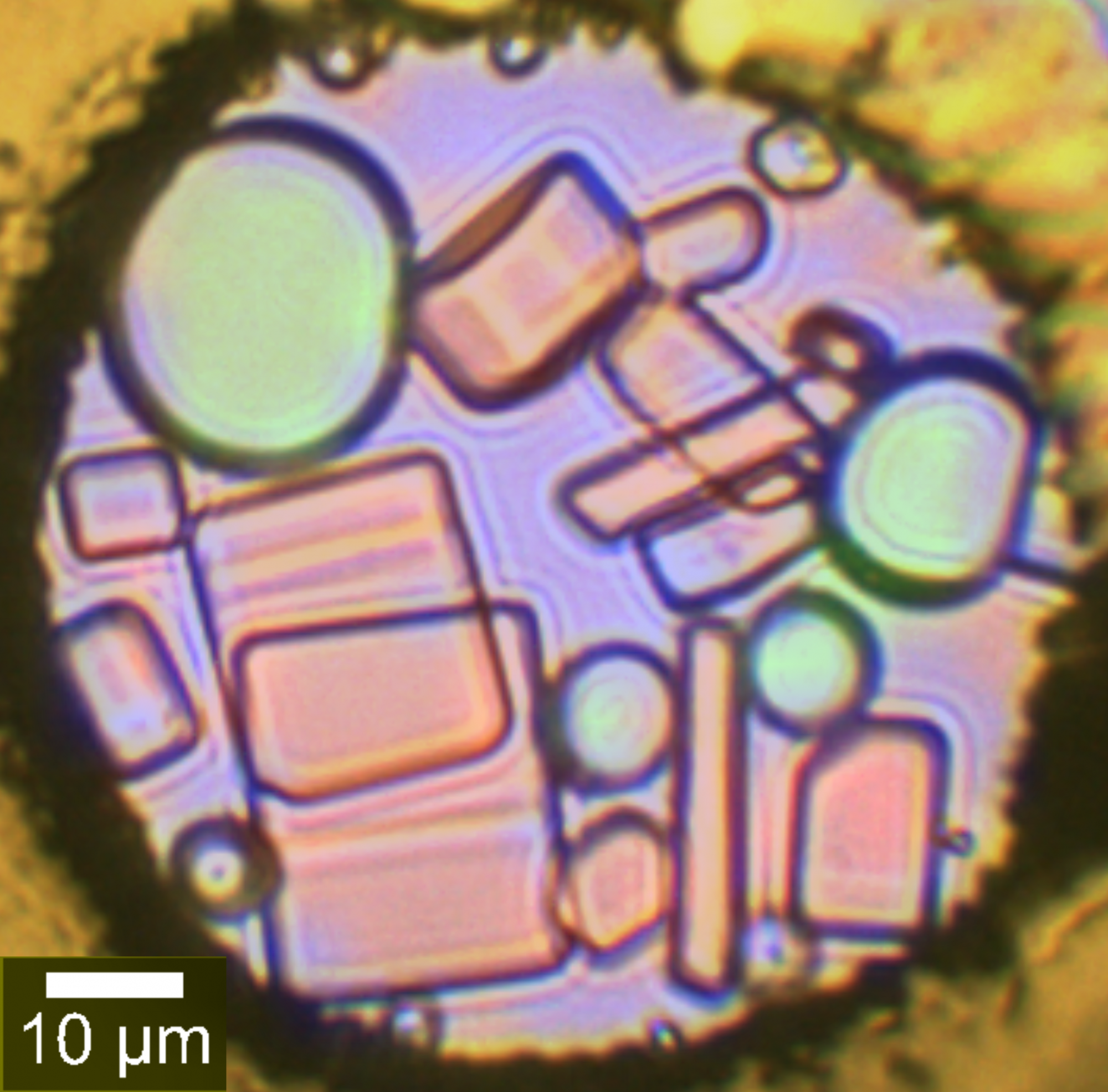PhD project: Breaking the 10 GPa ‘Pressure Barrier’ in Organic Solids
Project description
Although use of high pressure to explore polymorphism in molecular solids is increasingly common, only 5% of high-pressure molecular crystal structures have been determined above 10 GPa; beyond 20 GPa, precise data are available only for benzene and threonine. Void space in molecular crystal structures approaches zero above 10 GPa, forcing pressure to be accommodated by covalent bonds and intermolecular interactions. Even though structural data for moderately complex organic compounds beyond this key pressure point are essentially lacking, they are critical for determining the mechanical characteristics of both inter- and intra-molecular bonds. This project will address this important gap in our knowledge by examining the effect of very high pressures on a series of organic materials featuring the key synthons of crystal engineering: hydrogen bonds, dispersion interactions and halogen bonds.
Crystal structures will be determined using state-of-the-art equipment for extreme conditions research, with diffraction data collected in-house and at synchrotron sources. Other techniques include vibrational spectroscopy and periodic density functional theory. The image below shows a typical sample in this area of research, crystals grown in situ in a diamond anvil cell ready for study by X-ray diffraction or Raman spectroscopy. The pressure is 1.2 GPa.
This multi-disciplinary studentship will be of duration 3.5 years and based in The Schools of Physics & Astronomy (with Dr Dominique Laniel) and Chemistry (with Prof. Simon Parsons) at The Centre for Science at Extreme Conditions (https://www.csec.ed.ac.uk/). The project is fully funded, covering UK fees and a stipend at the EPSRC standard rate (starting at £17,668), with opportunities for undergraduate teaching. The post involves a mixture of practical and computational work, suiting a candidate with a background in Chemistry, Physics or Materials Science.

Project supervisors
- Dr Dominique Laniel (School of Physics & Astronomy, University of Edinburgh)
- Prof. Simon Parsons (University of Edinburgh, School of Chemistry)
The project supervisors welcome informal enquiries about this project.
Find out more about this research area
The links below summarise our research in the area(s) relevant to this project:
- Find out more about Extreme Conditions.
- Find out more about the Institute for Condensed Matter and Complex Systems.
What next?
- Find out how to apply for our PhD degrees.
- Find out about fees and funding and studentship opportunities.
- View and complete the application form (on the main University website).
- Find out how to contact us for more information.

